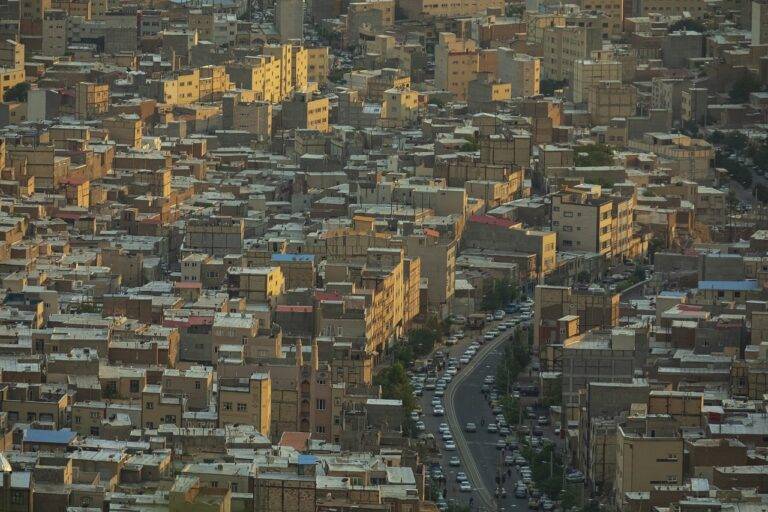The Rise of Eco-Friendly Urban Planning: Creating Sustainable Cities for the Future
Urban planning faces numerous challenges in a rapidly changing world. The traditional approach often struggles to keep up with the dynamic needs of urban populations, leading to inefficient use of resources and infrastructure. One major hurdle is the disconnect between urban planners and the diverse demands of communities, resulting in plans that may not fully address the real issues at hand.
Another obstacle is the lack of flexibility in traditional urban planning models, which are often rigid and resistant to adaptation. This can hinder innovation and sustainable development, as cities need to be able to evolve and respond to ever-changing social, economic, and environmental conditions. As urban areas continue to grow and face new challenges, finding ways to overcome these barriers in traditional urban planning will be crucial for creating more vibrant, resilient, and sustainable cities for the future.
Importance of Sustainability in City Development
Cities around the world are facing immense challenges due to rapid urbanization and population growth. The unchecked expansion of urban areas is leading to increased pressure on resources, infrastructure, and the environment. In order to address these issues and ensure a better quality of life for current and future generations, it is crucial for cities to prioritize sustainability in their development plans.
Sustainability in city development involves incorporating environmentally-friendly practices, promoting social equity, and ensuring economic prosperity for all residents. By emphasizing sustainability, cities can reduce their ecological footprint, mitigate the impacts of climate change, and create more resilient communities. Additionally, sustainable city planning can enhance the overall well-being of inhabitants by providing access to green spaces, affordable housing, and efficient public transportation systems.
What are some challenges in traditional urban planning?
Some challenges in traditional urban planning include inefficient use of resources, lack of consideration for environmental impact, and limited focus on long-term sustainability.
Why is sustainability important in city development?
Sustainability is important in city development because it helps reduce environmental impact, improve quality of life for residents, and ensure long-term viability of the city.
How can cities incorporate sustainability into their development plans?
Cities can incorporate sustainability into their development plans by implementing green building practices, promoting public transportation, preserving green spaces, and investing in renewable energy sources.
What are some benefits of incorporating sustainability into city development?
Some benefits of incorporating sustainability into city development include lower energy costs, improved air quality, increased property values, and enhanced resilience to climate change.
How can communities advocate for sustainable city development?
Communities can advocate for sustainable city development by participating in local planning processes, supporting policies that promote sustainability, and raising awareness about the importance of environmental conservation.





